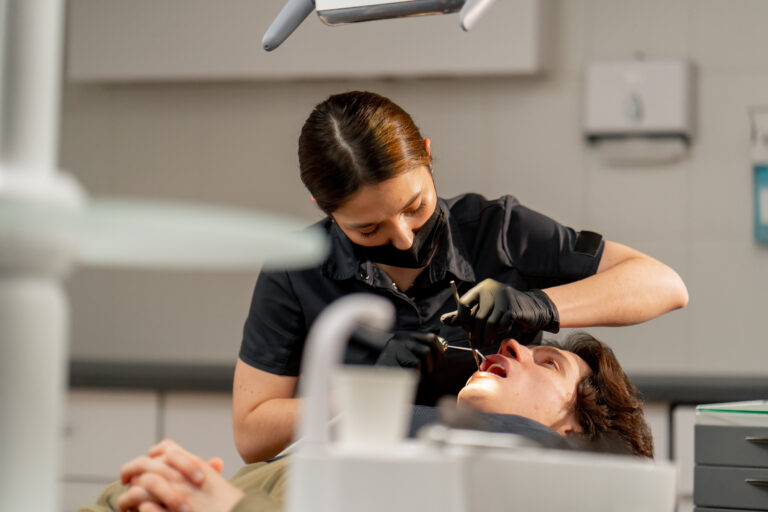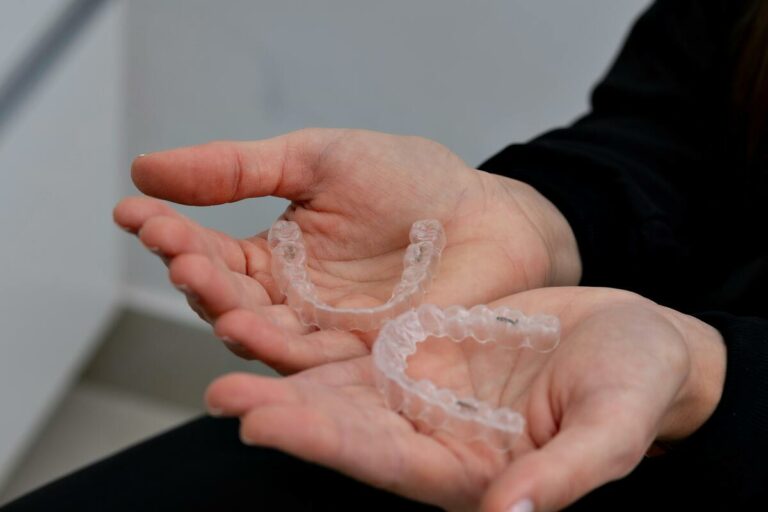The Truth About Sugar and Your Teeth: What You Should Know
Although sugar often delights the taste buds, it plays a significant role in the onset of tooth decay. When consumed, sugar undergoes sugar metabolism, which affects the oral environment. This process results in the production of acids that lower the pH in the mouth, leading to the demineralization of tooth enamel. Enamel, once weakened, becomes vulnerable to decay.
However, the body attempts to counteract this through tooth remineralization. This natural process involves the use of minerals like calcium and phosphate, often aided by fluoride, to restore enamel strength. Yet, when sugar consumption is frequent, the balance tips in favor of demineralization. As a result, understanding the relationship between sugar metabolism and tooth remineralization is essential in preventing tooth decay and maintaining oral health.
The Role of Bacteria in Oral Health
While sugar plays a significant role in tooth decay, bacteria in the mouth are the true catalysts of this process. The oral cavity hosts a complex ecosystem, known as the oral microbiome, comprising diverse bacterial species. These bacteria are vital in maintaining oral health by preserving bacterial balance. However, when sugar is consumed, it serves as a food source for harmful bacteria, such as Streptococcus mutans. These bacteria metabolize sugar, producing acids that erode tooth enamel and lead to cavities. Maintaining a balanced oral microbiome is essential to prevent such imbalances. Good oral hygiene practices, including regular brushing and flossing, help maintain this balance, promoting a healthy environment where beneficial bacteria can thrive and protect against tooth decay.
Debunking Common Myths About Sugar and Cavities
Many people believe that sugar directly causes cavities, but the story is more complex. The process of tooth decay involves bacteria in the mouth feeding on sugars, producing acids that erode tooth enamel. Additionally, natural sugars found in fruits can also contribute to this process, challenging the notion that all natural foods are harmless to teeth.
Sugar’s Role in Decay
Contrary to popular belief, sugar itself is not the direct culprit in causing cavities. The real issue arises from the process of sugar metabolism by bacteria in the mouth. When sugary foods and drinks are consumed, oral bacteria feed on the sugar, converting it into acids through metabolic processes. This acid production leads to a decrease in pH levels in the mouth, creating an environment where tooth enamel can begin to erode. Over time, repeated exposure to these acids can compromise enamel integrity, leading to the formation of cavities. Therefore, it is not the sugar itself, but its interaction with bacteria and subsequent acid generation that plays a significant role in dental decay. Understanding this mechanism is essential for effective oral care strategies.
Natural Sugars and Teeth
Although natural sugars such as those found in fruits and honey are often perceived as less harmful to dental health compared to processed sugars, they can still contribute to tooth decay. Bacteria in the mouth consume these sugars, producing acids that erode tooth enamel. Despite the perception of safety with natural sweeteners, they are not immune to causing cavities. Sugar substitutes, on the other hand, are often recommended to reduce cavity risk, as they do not provide the same sustenance for harmful oral bacteria. However, it is essential to remember that even natural sweeteners found in foods like agave or maple syrup can pose risks if oral hygiene is neglected. Regular brushing and flossing remain important in minimizing the impact of any sugars on dental health.
How Different Types of Sugar Affect Your Teeth
When examining the impact of sugar on dental health, it is essential to recognize that not all sugars are created equal in their effects on teeth. Various sugar types, including sucrose, fructose, and glucose, influence dental health differently. Sucrose, commonly found in processed foods, is notorious for promoting plaque formation, leading to cavities. Fructose, present in fruits, poses less risk due to the protective presence of fiber and water. However, excessive fructose consumption through sweetened beverages can still harm teeth. Glucose, while less cariogenic than sucrose, can still contribute to tooth decay when consumed in large amounts. Ultimately, understanding the role of different sugar types in oral health can aid individuals in making informed dietary choices that protect their teeth from decay.
Strategies for Managing Sugar Intake
Effectively managing sugar intake is vital for maintaining dental health. By limiting the consumption of sugary snacks and opting for healthier alternatives, individuals can greatly reduce their risk of tooth decay. Incorporating more whole foods and natural sweeteners into one’s diet offers a practical approach to achieving this goal.
Limit Sugary Snacks
Many people struggle with managing their sugar intake, especially when it comes to sugary snacks. One effective strategy to limit sugar consumption is to be mindful of snack timing. By establishing specific times for snacks, individuals can reduce impulsive eating that often leads to consuming sugary treats. Planning snack times helps maintain consistent energy levels and reduces cravings for sugar-laden foods. Moreover, limiting the availability of sugary snacks at home can play an essential role in managing sugar intake. When sugary snacks are not within easy reach, people are less likely to consume them impulsively. Additionally, educating oneself about the hidden sugars in processed snacks can aid in making more informed choices. These steps collectively contribute to healthier teeth and overall well-being.
Choose Healthier Alternatives
How can individuals make better choices to manage their sugar intake? Opting for healthy snacks and using sugar substitutes are effective strategies. Instead of reaching for sugary treats, individuals can choose snacks like fruits, nuts, or yogurt, which provide essential nutrients without added sugars. For those with a sweet tooth, sugar substitutes such as stevia, erythritol, or monk fruit can offer sweetness without the adverse effects on dental health. These alternatives help maintain energy levels and reduce the risk of cavities. Planning meals and snacks ahead can also assist in avoiding impulsive sugary choices. By integrating these healthier alternatives into their diet, individuals can enjoy satisfying flavors while safeguarding their teeth and overall well-being.
Tips for Maintaining Oral Health While Enjoying Sweets
While indulging in sweets is a delight many cherish, maintaining oral health requires a strategic approach to enjoy these treats without compromising dental well-being. Incorporating sugar substitutes can be a beneficial strategy, as they often do not contribute to tooth decay like traditional sugars. Choosing products with xylitol or stevia can reduce the risk of cavities. Additionally, maintaining diligent dental hygiene is essential. Regular brushing and flossing help remove sugary residues that could otherwise promote bacterial growth and plaque formation. Rinsing the mouth with water after consuming sweets can also aid in minimizing the harmful effects. By being mindful of these practices, individuals can savor their favorite treats while safeguarding their oral health effectively.
The Importance of Regular Dental Check-Ups
Regular dental check-ups play a fundamental role in sustaining oral health, particularly for individuals who enjoy sweets. Consuming sugary treats increases the risk of cavities and gum disease, making dental hygiene practices essential. During check-ups, dental professionals assess the state of a patient’s teeth and gums, identifying potential issues before they escalate. This preventive care is vital to maintain oral health and prevent costly and painful dental procedures in the future. Dentists can remove plaque and tartar that regular brushing and flossing might miss, further protecting teeth from decay. Additionally, they offer personalized advice tailored to one’s specific dental needs, aiding in the development of effective at-home dental hygiene routines. Consequently, regular check-ups form an integral part of thorough preventive care.
Frequently Asked Questions
Can Sugar Consumption Lead to Other Health Issues Besides Cavities?
Sugar consumption can lead to various health implications beyond cavities. When sugar metabolism is disrupted, it can contribute to obesity, diabetes, and heart disease. These conditions highlight the broader impact of sugar on overall health.
How Does Sugar Affect Dental Work Like Fillings or Crowns?
Sugar impact on dental work, such as fillings or crowns, can compromise their longevity. Frequent sugar exposure fosters bacterial growth, leading to decay around restorations, potentially resulting in failure or the need for replacement sooner than expected.
Is Sugar-Free Gum Beneficial for Oral Health?
Sugar-free gum, utilizing sugar substitutes, can promote oral health by increasing saliva production, which helps neutralize acids and wash away food particles. The gum benefits include reduced plaque buildup and a decrease in tooth decay risk.
What Are the Signs of Sugar-Related Dental Problems?
Sugar symptoms in dental health often include cavities, visible discoloration, and dental sensitivity. Individuals may experience pain when consuming hot or cold foods, visible pits in teeth, or persistent bad breath, indicating potential sugar-related dental issues.
Can Natural Sugars Be as Harmful as Processed Sugars for Teeth?
Natural sweeteners, like fruit sugars, can contribute to dental decay similarly to processed sugars. Both types of sugar can feed oral bacteria, producing acids that erode tooth enamel, highlighting the importance of good oral hygiene practices.







